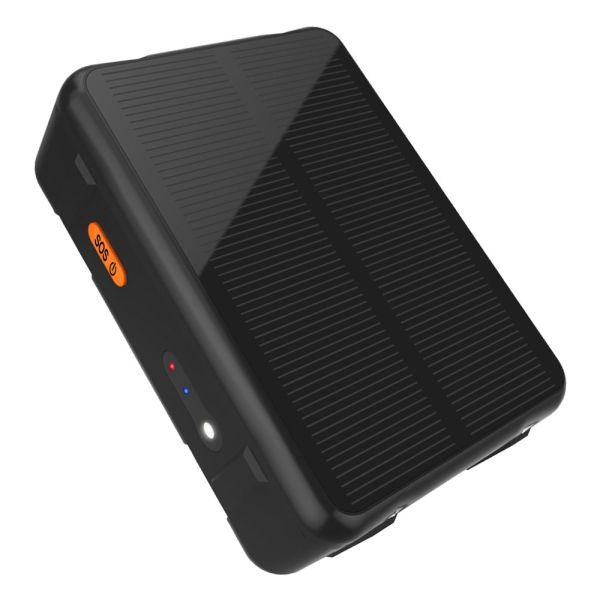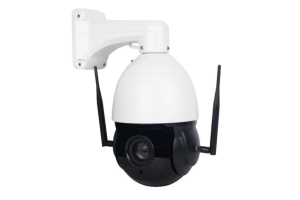We use cookies to make your experience better. To comply with the new e-Privacy directive, we need to ask for your consent to set the cookies. Learn more.
Tracking your assets with 4G GPS trackers

4G GPS trackers are a recent innovation in the field of location tracking technology. These devices use 4G cellular networks to transmit real-time location data to a remote location, allowing you to track the location of people, vehicles, or assets in real-time.
One of the biggest advantages of 4G GPS trackers is their accuracy. They use advanced GPS technology to provide highly accurate location data, even in challenging environments such as urban areas or areas with poor satellite visibility. This makes them ideal for use in a wide range of applications, from tracking vehicles on the road to monitoring the location of field workers.
Another advantage of 4G GPS trackers is their real-time data transmission. With 4G cellular networks, location data is transmitted in real-time, which allows you to monitor and respond to changes in location in near real-time. This is particularly useful in applications such as fleet management, where you need to keep track of multiple vehicles at once.
4G GPS trackers also provide a high level of security. They use advanced encryption methods to protect the transmitted location data from unauthorized access. Additionally, many 4G GPS trackers come with built-in motion detection and alarm systems, which can alert you if something suspicious is happening in the monitored area.
However, 4G GPS trackers are not without their limitations. One of the biggest challenges with these devices is the cost. They can be quite expensive to purchase and maintain, especially when compared to traditional GPS trackers. Additionally, 4G networks can be prone to signal interference and dropped connections, which can result in lost location data. This can be especially problematic in remote or rural areas where 4G coverage is limited.
Another limitation of 4G GPS trackers is the amount of data they generate. Location data can consume a large amount of data, which can be costly if you're using a cellular data plan. Additionally, storing and managing large amounts of location data can be challenging, especially if you're using cloud-based storage solutions.
Despite these limitations, 4G GPS trackers are becoming increasingly popular, due to their accuracy, real-time data transmission, and high level of security. They are ideal for use in a wide range of applications, from fleet management to tracking the location of field workers. However, before you decide to invest in 4G GPS trackers, you should weigh the costs and benefits carefully and make sure that this technology is the right fit for your needs.
In conclusion, 4G GPS trackers are an exciting new innovation in the field of location tracking technology. They provide a high level of accuracy, real-time data transmission.








